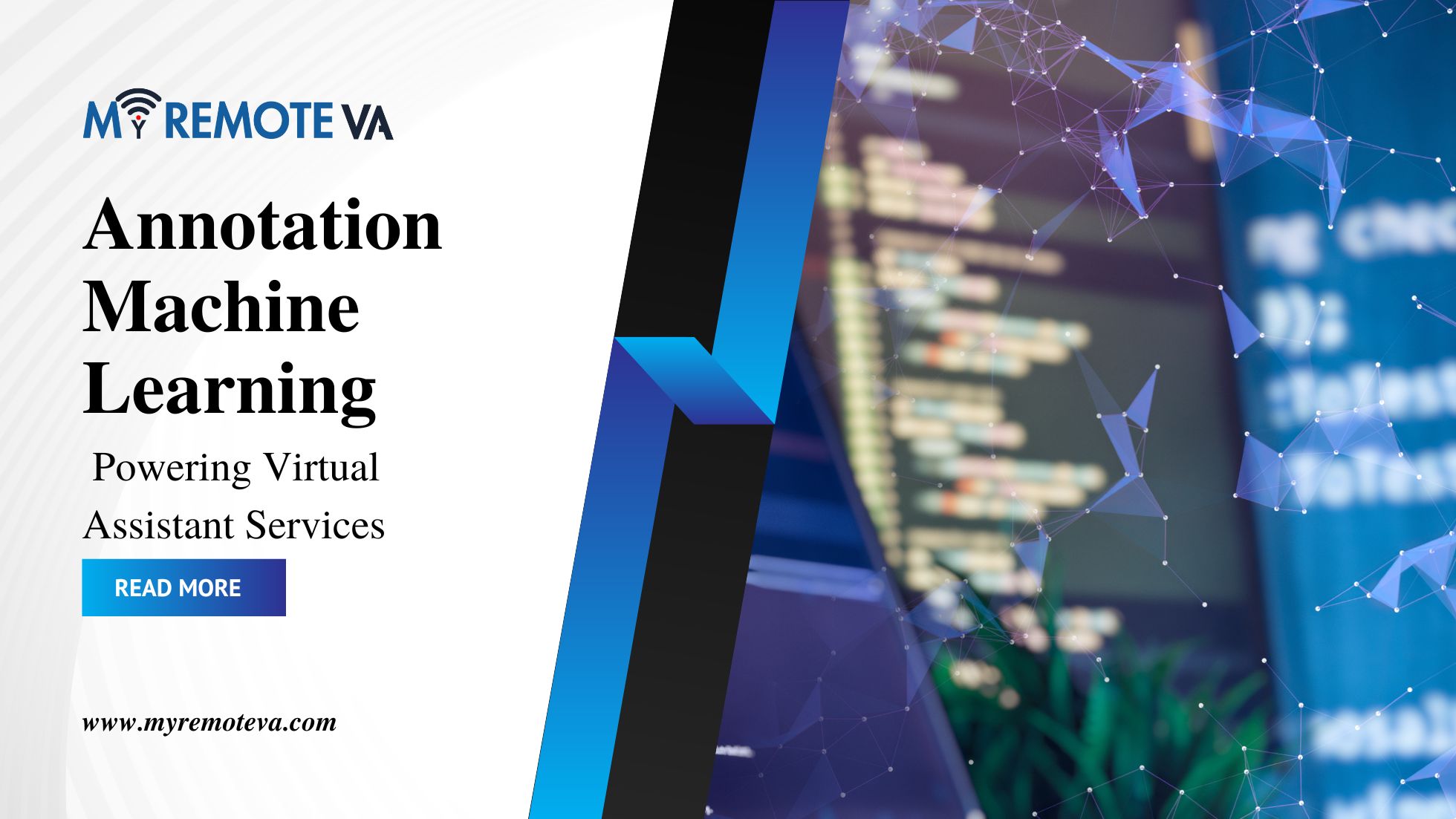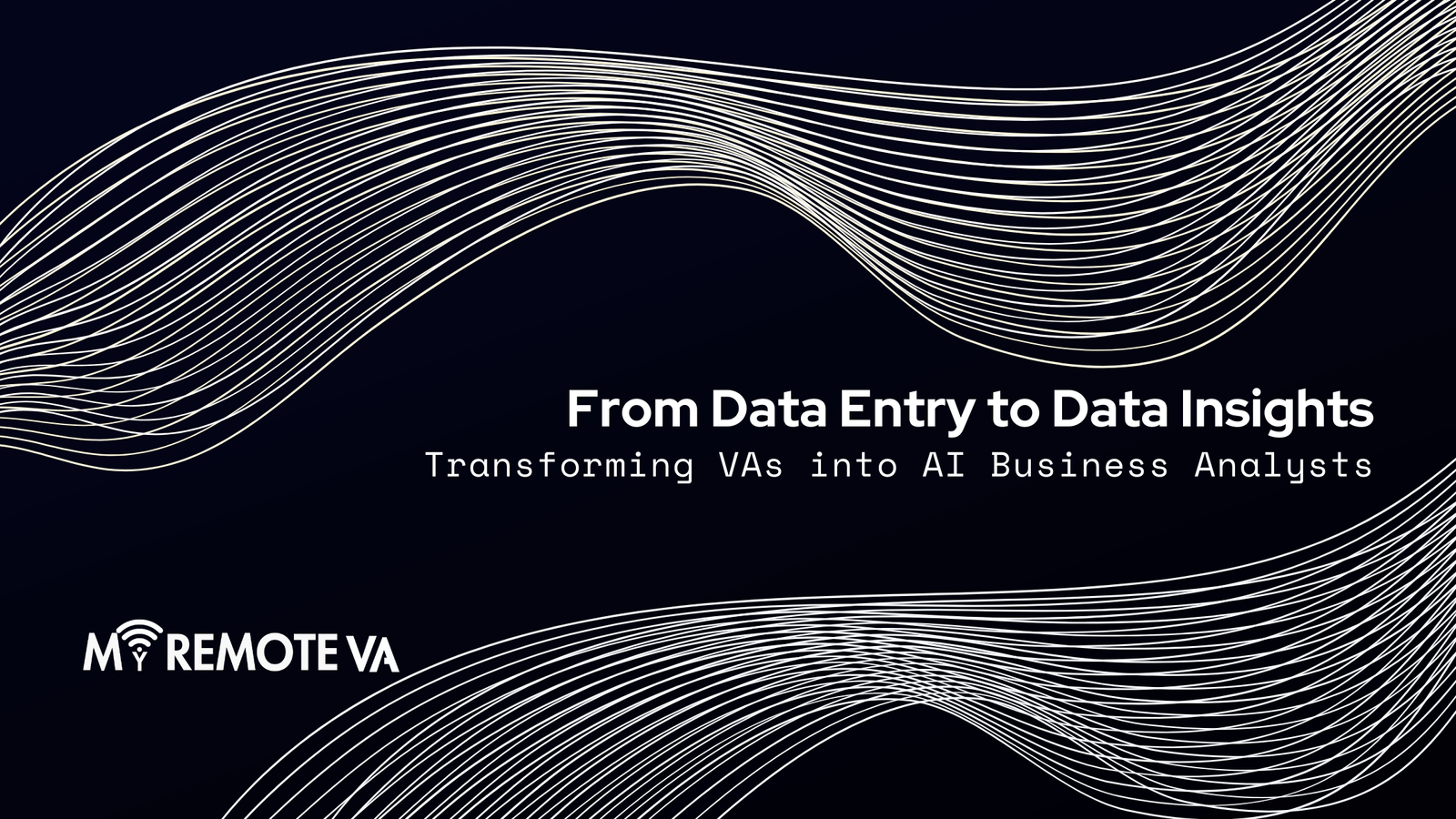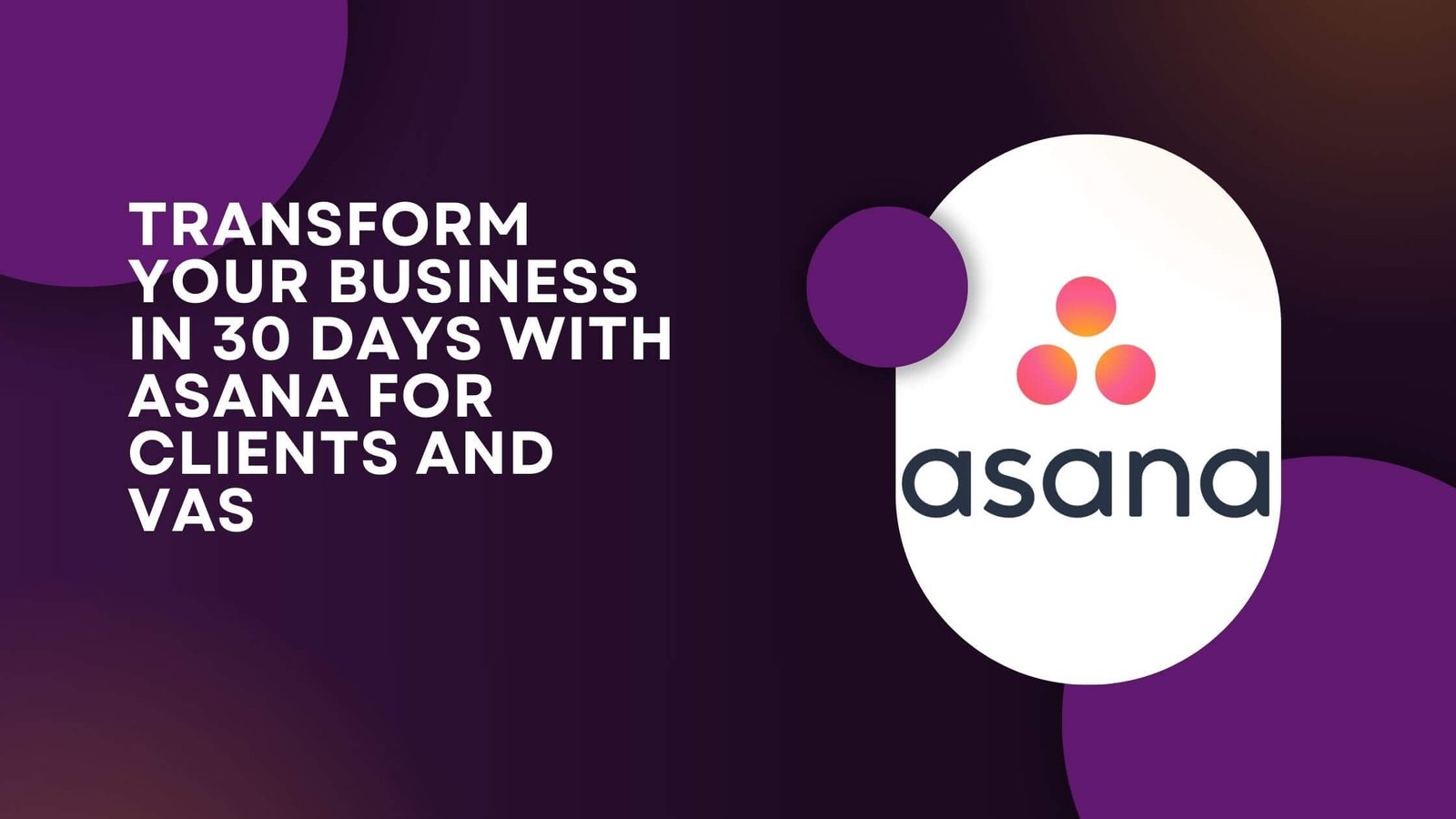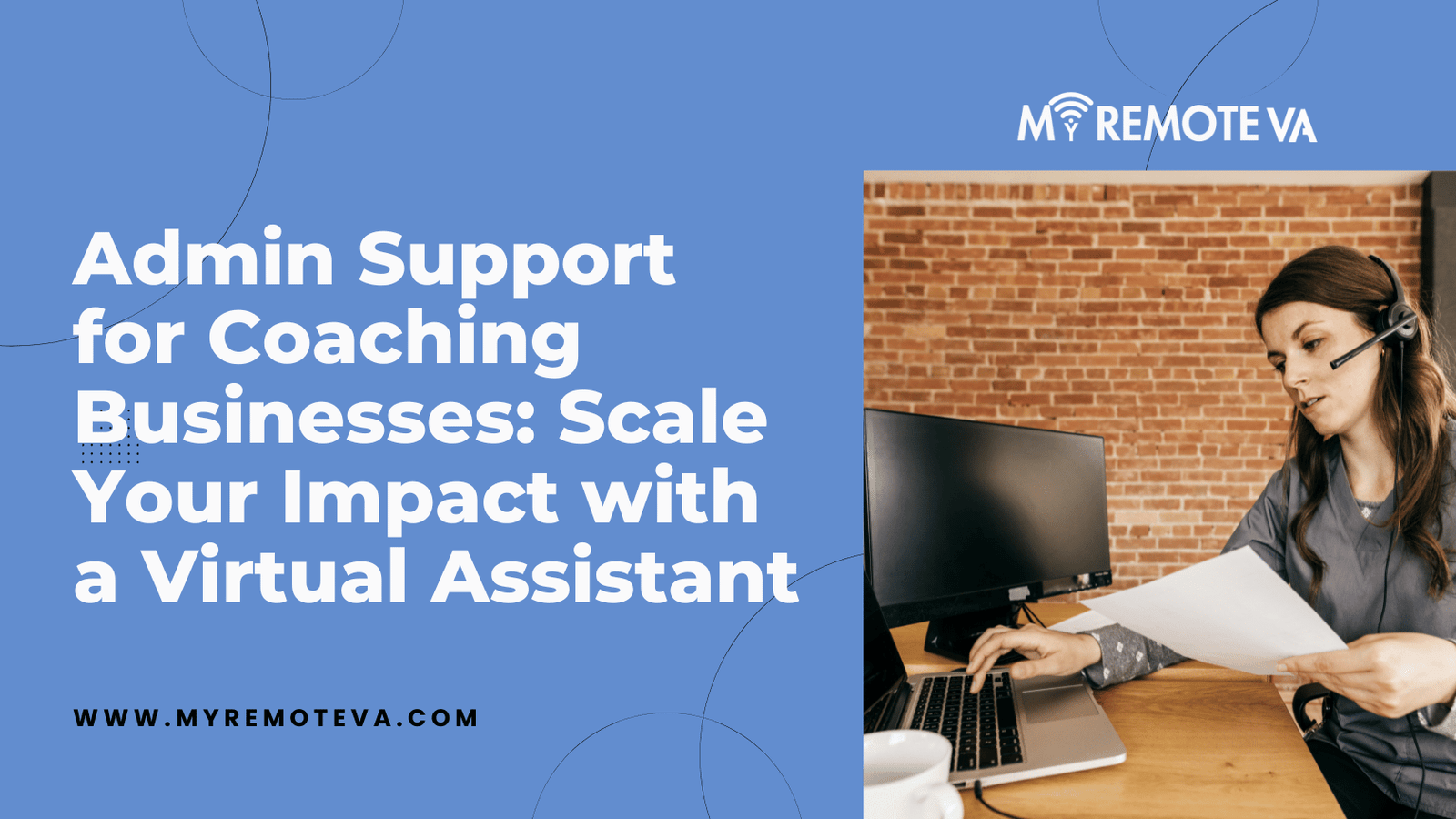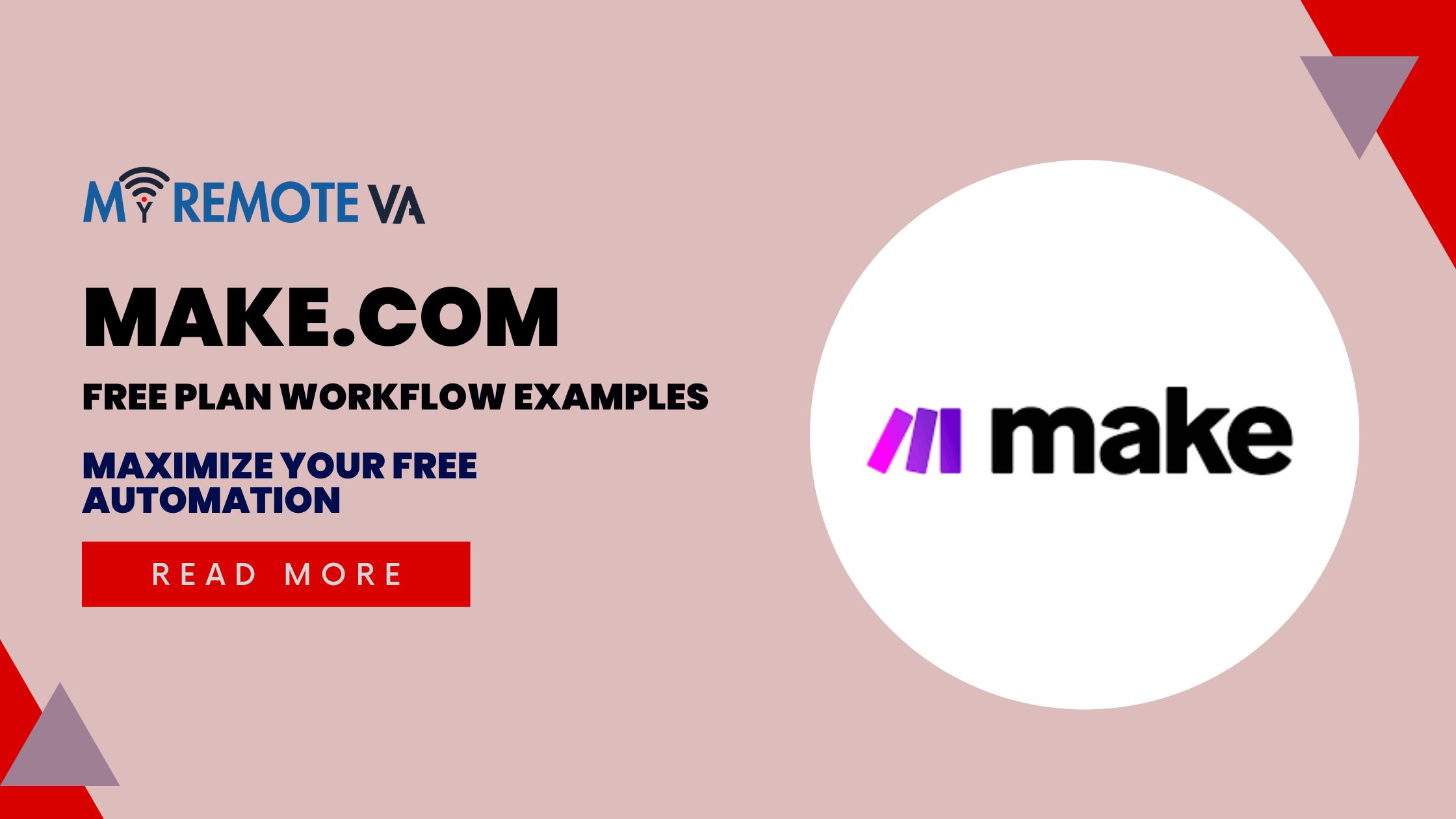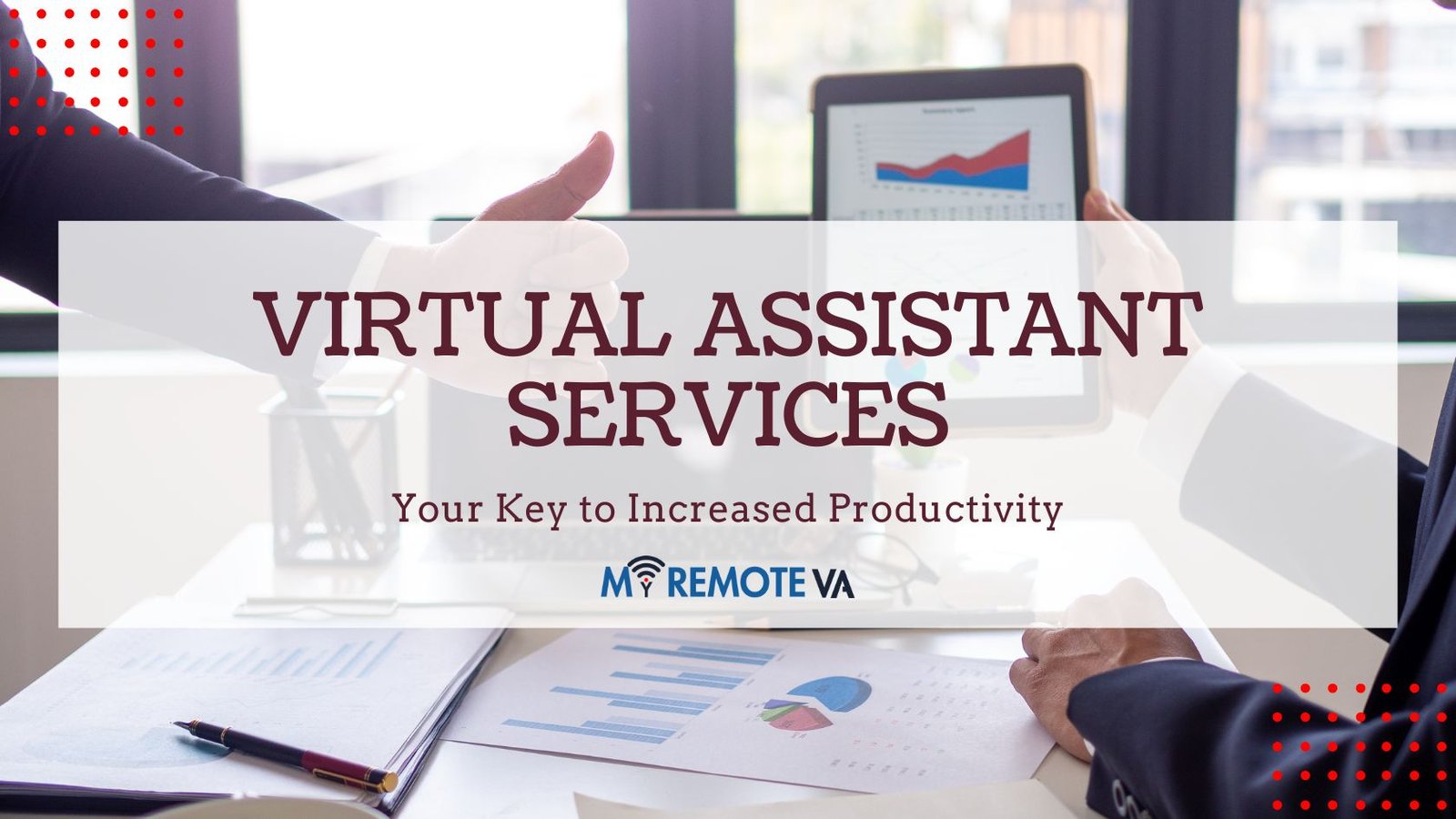Annotation Machine Learning: Powering Virtual Assistant Services
Annotation machine learning is rapidly transforming the landscape of virtual assistant services, enabling more efficient, accurate, and personalized support for startups, founders, agencies, and busy professionals. By leveraging data annotation, virtual assistants can handle increasingly complex tasks, automate repetitive processes, and provide more insightful solutions.
- Annotation Machine Learning: Powering Virtual Assistant Services
- What is Annotation Machine Learning?
- The Role of Virtual Assistants in Today's Market
- Benefits of Using Annotation Machine Learning for Virtual Assistant Services
- Annotation Machine Learning Techniques for Virtual Assistants
- Market Trends in Annotation Machine Learning for Virtual Assistants (USA, UK, New Zealand, Singapore, Australia, UAE - Last Month)
- Choosing the Right Annotation Machine Learning Virtual Assistant Service
- FAQ: Annotation Machine Learning for Virtual Assistant Services
How Annotation Machine Learning Enhances Virtual Assistant Capabilities
At its core, annotation machine learning involves training machine learning models using meticulously labeled data. This process empowers virtual assistants to:
* **Improve Task Accuracy:** Annotated data provides the necessary context for machine learning algorithms to accurately understand and execute tasks. For example, in customer support, annotation can help the VA understand the intent behind customer queries and provide relevant answers.* **Automate Repetitive Tasks:** With sufficient annotated data, machine learning models can automate tasks like data entry, scheduling, and email management, freeing up virtual assistants to focus on higher-value activities.* **Personalize Customer Interactions:** By annotating data related to customer preferences and behaviors, virtual assistants can personalize interactions, offer tailored recommendations, and improve customer satisfaction. * **Streamline Data Analysis:** Virtual assistants can utilize machine learning models trained on annotated datasets to extract valuable insights from large volumes of data. This enables them to identify trends, make data-driven decisions, and provide strategic recommendations.
The Impact on Virtual Assistant Services
The integration of annotation machine learning is driving significant improvements in the efficiency and effectiveness of virtual assistant services. Virtual assistants can now offer a wider range of services, handle more complex tasks, and provide more personalized support. This benefits businesses by:
* **Reducing Operational Costs:** Automation through machine learning minimizes the need for manual labor, resulting in cost savings.* **Improving Productivity:** Virtual assistants can focus on higher-value tasks, leading to increased productivity and efficiency.* **Enhancing Customer Satisfaction:** Personalized support and faster response times contribute to improved customer satisfaction.* **Driving Innovation:** Data-driven insights gained through machine learning can help businesses identify new opportunities and drive innovation.
What is Annotation Machine Learning?
Annotation in machine learning is the process of labeling data to train algorithms to recognize patterns and make predictions. This labeled data serves as the ground truth for the model, allowing it to learn and improve its accuracy over time. Without accurate and comprehensive annotations, machine learning models can produce unreliable or even misleading results.
Think of it as teaching a computer to see. Just like you would show a child different pictures of cats and say “cat,” annotation in machine learning involves providing the computer with examples of data (images, text, audio, etc.) and labeling those examples with the correct category or characteristic.
Why is Annotation Important?
High-quality annotation is crucial for the success of any machine learning project. A poorly annotated dataset can lead to several problems:
- Inaccurate Models: If the data is incorrectly labeled, the model will learn the wrong patterns and produce inaccurate predictions.
- Biased Results: Biases in the annotation process can be amplified by the machine learning model, leading to unfair or discriminatory outcomes.
- Increased Costs: Retraining a model due to poor annotation can be costly in terms of time, resources, and computational power.
Types of Annotation Tasks
Depending on the type of data and the goals of the machine learning project, different annotation techniques are used. Some common examples include:
- Image Annotation: Involves labeling objects within images using techniques like bounding boxes, polygons, and semantic segmentation. This is used in applications like object detection and image recognition.
- Text Annotation: Includes tasks such as named entity recognition (NER), sentiment analysis, and text classification. This is valuable for natural language processing (NLP) applications.
- Audio Annotation: Involves transcribing audio, labeling different sounds, or identifying speakers. Used in speech recognition and audio analysis.
- Video Annotation: A more complex form of annotation involving tracking objects over time and labeling events within video footage. Applications include autonomous driving and video surveillance.
The complexity and volume of annotation tasks often require significant resources and expertise. For businesses looking to leverage machine learning, outsourcing annotation to skilled virtual assistants can be a cost-effective and efficient solution.
The Role of Virtual Assistants in Today’s Market
In today’s fast-paced business environment, companies are constantly seeking ways to optimize operations, reduce costs, and improve efficiency. Virtual assistants (VAs) are playing an increasingly vital role in achieving these goals, particularly in fields leveraging advanced technologies like machine learning.
Supporting Annotation Machine Learning Initiatives
Annotation machine learning, a critical process for training and refining AI models, often involves large volumes of data that need to be labeled, categorized, and validated. This can be a time-consuming and resource-intensive task. Virtual assistants can significantly alleviate this burden by:
- Assisting with Data Preparation: VAs can help gather, clean, and organize data sets before the annotation process begins.
- Performing Data Annotation: Trained VAs can be assigned to annotate data based on specific guidelines and criteria, freeing up highly skilled engineers and data scientists.
- Quality Control: VAs can perform quality checks on annotations to ensure accuracy and consistency, leading to more reliable machine learning models.
By delegating these tasks to VAs, companies can accelerate their machine learning projects, reduce development costs, and focus internal resources on more strategic initiatives. The rise of on-demand talent also allows companies to scale their annotation efforts up or down as needed, providing a flexible and cost-effective solution.
Benefits Beyond Annotation
The benefits of utilizing virtual assistants extend beyond the specific tasks related to annotation machine learning. VAs can also provide support in areas such as:
- Administrative Tasks: Managing schedules, responding to emails, and handling correspondence.
- Technical Support: Providing basic technical assistance and troubleshooting.
- Customer Support: Addressing customer inquiries and resolving issues.
- Marketing Support: Assisting with social media management, content creation, and email marketing.
This comprehensive support allows businesses to focus on their core competencies, driving growth and innovation. The modern VA model provides flexible solutions, whether you need a few hours of support per week or a dedicated team working full-time. Plans are curated to meet different needs, from hourly monthly subscriptions to dedicated assistants.
Benefits of Using Annotation Machine Learning for Virtual Assistant Services
Annotation machine learning can significantly enhance the efficiency and effectiveness of virtual assistant services. By leveraging this technology, we can improve several key areas, allowing virtual assistants to provide a more intelligent and personalized experience.
Improved Accuracy and Efficiency
Machine learning models trained on annotated data can automate repetitive tasks, freeing up virtual assistants to focus on more complex and strategic work. For example, with properly annotated data, machine learning can automate email categorization, sentiment analysis of customer feedback, and even the initial screening of documents. This leads to faster turnaround times and reduced errors. Imagine a virtual assistant handling customer support requests; annotation machine learning can help classify the urgency and nature of each request, enabling the VA to prioritize and respond more effectively.
Enhanced Personalization
Annotation machine learning enables virtual assistants to deliver more personalized experiences. By analyzing annotated data related to customer preferences, behavior, and interactions, virtual assistants can tailor their responses and services to individual needs. For instance, a virtual assistant managing social media can use annotation machine learning to identify trending topics and tailor content accordingly, increasing engagement and brand visibility.
Streamlined Data Processing
Virtual assistants often handle large volumes of data. Annotation machine learning can automate the process of organizing, classifying, and extracting insights from this data. This not only saves time but also ensures that the data is accurate and consistent. Consider a virtual assistant tasked with market research; annotation machine learning can automate the process of identifying key trends and insights from various sources, providing valuable information for decision-making.
Scalability and Cost-Effectiveness
By automating tasks through annotation machine learning, virtual assistant services can scale more efficiently. As the volume of tasks increases, the technology can handle the additional workload without requiring significant increases in staffing. This leads to improved cost-effectiveness and allows businesses to focus on growth. This is particularly beneficial for startups and busy professionals who need reliable support without the overhead of hiring additional full-time employees.
Annotation Machine Learning Techniques for Virtual Assistants
Annotation machine learning is a critical element in training virtual assistants to understand and respond accurately to user requests. It involves providing data, often in the form of text, images, or audio, and labeling it with relevant tags or categories. This annotated data then serves as the foundation for machine learning models to learn and improve their performance.
Types of Annotation Techniques Used
Several annotation techniques are commonly employed in training virtual assistants:
- Text Annotation: This involves labeling text data with information like intent, entities, and sentiment. For example, in the request “Book a flight to London tomorrow,” “Book a flight” is the intent, “London” is the destination entity, and “tomorrow” is the date entity.
- Image Annotation: Useful if the virtual assistant needs to process visual information. This might involve tasks like object detection (identifying objects in an image) or image classification (categorizing images based on their content). For example, identifying different types of products from images uploaded by customers.
- Audio Annotation: Transcribing and labeling audio data to improve speech recognition accuracy and understanding. This is crucial for voice-activated virtual assistants. This could involve identifying different speakers in a conversation or transcribing spoken commands.
The Role of Virtual Assistants in Annotation
While automation tools can assist in the annotation process, human virtual assistants often play a vital role, especially in complex or nuanced tasks. They can provide high-quality annotations, ensuring accuracy and consistency. This is particularly important in areas like sentiment analysis or understanding complex language patterns.
Virtual Assistants can assist in:
- Data Preprocessing: Cleaning and organizing raw data before annotation.
- Annotation Management: Overseeing the annotation process, ensuring consistency and quality.
- Quality Assurance: Reviewing and correcting annotations to maintain accuracy.
Benefits of High-Quality Annotation
Accurate and comprehensive annotation directly translates to better performance of the virtual assistant. The machine learning models become more effective at understanding user intent, resolving queries, and automating tasks. The quality of your annotated data is a cornerstone of the entire operation.
Market Trends in Annotation Machine Learning for Virtual Assistants (USA, UK, New Zealand, Singapore, Australia, UAE – Last Month)
The annotation machine learning market supporting virtual assistant services has seen dynamic movement in the past month across key regions like the USA, UK, New Zealand, Singapore, Australia, and the UAE. The increasing reliance on virtual assistants to handle complex tasks has fueled the demand for high-quality, annotated data to train these systems.
Key Trends Observed:
- Increased Focus on Data Quality: Businesses are recognizing that accurate and consistent annotation is crucial for the performance of virtual assistants. This translates to a greater demand for specialized annotation services with expertise in specific domains like natural language processing (NLP), image recognition, and speech recognition.
- Rise of Automated Annotation Tools: While human annotation remains essential for complex tasks, there’s a growing interest in automated and semi-automated annotation tools. These tools can accelerate the annotation process, reduce costs, and improve consistency. However, human oversight is still needed to ensure accuracy .
- Demand for Multilingual Annotation: With virtual assistants catering to global audiences, the need for annotation services that support multiple languages is increasing. This includes not only translation but also understanding nuances and cultural contexts in different languages.
- Data Privacy and Security Concerns: As virtual assistants handle sensitive user data, businesses are prioritizing data privacy and security in the annotation process. This involves implementing strict data governance policies, using secure annotation platforms, and anonymizing data where possible.
- Specific Regional Needs:
- USA & UK: Strong demand for NLP annotation to improve the conversational abilities of virtual assistants.
- Australia & New Zealand: Growing interest in annotation for specialized industries like agriculture and healthcare.
- Singapore & UAE: Focus on multilingual annotation and annotation for smart city applications.
The future of annotation machine learning for virtual assistants looks promising, with continued innovation in annotation techniques and a growing recognition of the importance of high-quality data. Businesses that invest in robust annotation strategies will be best positioned to leverage the full potential of virtual assistant technology.
Choosing the Right Annotation Machine Learning Virtual Assistant Service
Annotation machine learning tasks, such as labeling images, text, or audio data, are crucial for training high-performing AI models. However, these tasks can be time-consuming and require specialized skills. A virtual assistant service specializing in annotation can significantly streamline your machine learning workflow, freeing up your team to focus on core strategic initiatives.
Selecting the right service requires careful consideration of several factors. Consider the following points to ensure you choose a provider that meets your specific annotation needs:
Understanding Your Annotation Needs
Before engaging a virtual assistant service, clearly define the scope of your annotation project. This includes:
- Data Type: Are you working with images, text, audio, or video data? Different data types require different annotation tools and expertise.
- Annotation Type: What type of annotation is required? Examples include bounding boxes, semantic segmentation, named entity recognition, sentiment analysis, and transcription.
- Data Volume: How much data needs to be annotated? This will influence the number of virtual assistants required and the project timeline.
- Quality Requirements: What level of accuracy is required for your annotations? This will impact the training and quality assurance processes.
- Specific Tools & Platforms: Do you have preferred annotation tools or platforms? Ensure the virtual assistant service is proficient in these tools.
Evaluating Service Options
Once you understand your annotation needs, evaluate potential virtual assistant services based on the following criteria:
- Expertise in Annotation: Does the service have a proven track record of providing high-quality annotation services for machine learning projects? Look for testimonials or case studies that demonstrate their experience.
- Data Security & Confidentiality: Ensure the service has robust security measures in place to protect your sensitive data. Ask about their data encryption, access control, and compliance certifications.
- Quality Assurance Processes: How does the service ensure the accuracy and consistency of annotations? Inquire about their training programs, quality control checks, and feedback mechanisms.
- Scalability & Flexibility: Can the service scale up or down to meet your changing annotation needs? Do they offer flexible pricing models and service plans?
- Communication & Project Management: How will you communicate with the virtual assistants and track project progress? Look for services that offer dedicated project managers and transparent reporting.
Pricing & Service Plans
Virtual assistant services typically offer various pricing models, including hourly, monthly, and project-based rates. Consider a service that provides flexible hourly and team-based plans. Curated Hourly Monthly Plans (e.g., 5, 10, 20, 30 hours) offer task support, while Dedicated Plans (e.g., 80 or 160 hours) allow for building a dedicated team. If you’re hesitant to commit, explore options like a Forever Free Plan, which provides a free hour monthly with task support.
When evaluating pricing, factor in the total cost of ownership, including the cost of training, quality assurance, and project management. Choose a service that offers a transparent pricing structure and aligns with your budget and project requirements.
FAQ: Annotation Machine Learning for Virtual Assistant Services
Annotation machine learning plays a crucial role in enhancing the capabilities of virtual assistant services. It’s the process of labeling data, like text, images, or audio, to train machine learning models. These models can then be used to automate tasks and improve the overall efficiency of virtual assistant operations.
What is Annotation Machine Learning?
Annotation machine learning involves humans labeling data to make it understandable for machines. For example, annotating images to identify objects, labeling text to determine sentiment, or transcribing audio to create text transcripts. This labeled data is then used to train machine learning algorithms.
How does Annotation Machine Learning Benefit Virtual Assistant Services?
Annotation machine learning enables virtual assistants to perform more complex and nuanced tasks. Here are a few key benefits:
- Improved Accuracy: By training models on annotated data, virtual assistants can provide more accurate and reliable responses to user requests.
- Automation of Repetitive Tasks: Models trained with annotation can automate tasks such as data entry, content moderation, and customer service inquiries.
- Personalized Experiences: Annotation allows for the creation of personalized experiences by enabling virtual assistants to understand user preferences and tailor their responses accordingly.
- Enhanced Data Analysis: Annotated data can be used to extract valuable insights from large datasets, providing businesses with a better understanding of their customers and operations.
What Types of Tasks Can Benefit from Annotation Machine Learning?
Many virtual assistant tasks can benefit from annotation machine learning. Some examples include:
- Sentiment Analysis: Determining the emotional tone of customer reviews or social media posts.
- Image Recognition: Identifying objects in images, which can be used for tasks like inventory management or visual search.
- Natural Language Processing (NLP): Understanding the meaning and intent behind user requests, enabling more effective communication.
- Data Extraction: Automatically extracting relevant information from documents, such as invoices or contracts.
How Can I Leverage Annotation Machine Learning with a Virtual Assistant?
Virtual assistant services offer various plans, including hourly and team-based options, which can be used to support annotation machine learning projects. For startups, founders, agencies, and busy professionals, delegating tasks related to data preparation, annotation, and model training to a virtual assistant can free up valuable time and resources. Our dedicated supervisors manage your virtual assistant and your processes so you do not have to.
Consider options like curated Hourly Monthly Plans (5, 10, 20, 30 hours) or building a dedicated team with Dedicated Plans (80 hours, 160 hours). A flexible approach ensures you can scale your annotation efforts as needed.
For those uncertain about commitment, there’s the Forever Free Plan, providing 1 free hour monthly, including task support and rollover benefits to understand your service needs. This allows you to assess the feasibility and potential ROI before investing in a larger plan.

